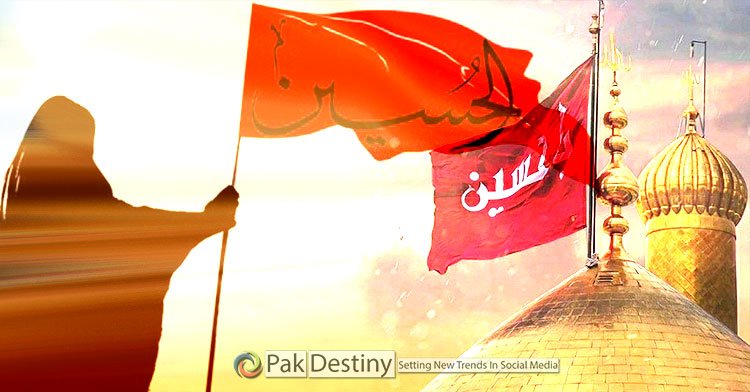
By Sarvat Hossein
The movement of Karbala and the great massacre of Karbala which was executed on the 10th of Muharram 61 AH between the army of the second Umayyad Caliph Yazid ( the Head of Impiety) and a small army (72 people ) led by Husayn ibn Ali ( the Head of Virtue ) mark the greatest sacrifice for the sake of God in human history.
Millions of Muslims across the globe commemorate the martyrdom of Imam Hussain, the grandson of prophet Muhammad in the bloody battle. The tragedy of Karbala has been observed by many of the worlds’ renown academics and poets.
Edward G. Brown (Cambridge University) pays his tribute in the following words to Imam Hussain.., “…a reminder of the blood-stained field of Karbala, where the grandson of the Apostle of God fell at length, tortured by thirst and surrounded by the bodies of his murdered kinsmen, has been at any time since then, sufficient to evoke, even in the most lukewarm and heedless, the deepest emotions, the most frantic grief, and an exaltation of spirit before which pain, danger and death shrink to unconsidered trifles.”
The day of Ashura, the sun was setting and witnessing Imam Hussain giving up everything humanly possible in the way of God, including his 72 braves and loyal companions along with his 6-month-old child, Ali Asghar.
In the wake of such a great sacrifice, the Quran praises as follows:
” Think not of those who are slain in God’s way as dead. Nay, they are living, finding their sustenance in the presence of their Lord” ( Qur’ an 3:169).
Mahatma Gandhi (Indian politician and spiritual leader) writes: “I learned from Hussain how to achieve victory while being oppressed.” And let’s not forget Thomas Carlyle, Scottish historian and essayist’s statement: “The best lesson which we get from the tragedy of Karbala is that Hussain and his companions were rigid believers in God. They illustrated that the numerical superiority does not count when it comes to the truth and falsehood. The victory of Hussain, despite being in the minority, marvels me!”
English novelist, Charles Dickens, describes the struggle as follows: “If Hussain had fought to quench his worldly desires…then I do not understand why his sister, wife, and children accompanied him. It stands to reason therefore, that he sacrificed purely for Islam.”
Antoine Bara, a Lebanese writer, wrote: ” No battle in the modern and past history of mankind has earned more sympathy and admiration as well as provided more lessons than the martyrdom of Hussain in the battle of Karbala.” (Husayn in Christian ideology).
Mankind history has witnessed many massacres of innocent people, but the massacre of Karbala is one of the few where men, women and children voluntarily allowed themselves to be subjected to thirst, hunger, humiliation and death on the burning sand of Karbala because they believed that Imam Hussain stood for righteousness.
Nehru thought Karbala represented humanity’s strength and determination. He also said that Imam Hussain’s sacrifice was for all groups and communities, an example of the path of righteousness.
Undoubtedly, the movement of Karbala is universal, representing all human beings. It was for the sake of truth, justice, equality, knowledge of God, faith and tawhid. Hussain’s struggle in the bloody battle of Karbala constituted the eternal struggle of good versus evil, moral idealism versus political expediency, nobility versus baseness, a man of principle versus the mercenary man.
One might consider this tragedy to be one which every prophet came to establish, hence reviving the movement of Imam Hussain is equivalent to resuscitating the movement of 124000 prophets.
According to Sunita Jhingran, who claims to be a Mohyal descendant of Rahab Singh Dutt: “Our ancestors joined forces because of Imam Hussain, who was fighting against the oppression of people under Yazid’s rule. He was fighting for true Islam, which was propagated by the beloved prophet.
Let humanity awaken, and every tribe will claim Hussain their own. In the martyrdom of Imam Hussain lies the death of Yazid. For Islam is resurrected after every Karbala.
“I am the martyr of tears; no man of faith remembers me but that he weeps” Hussain Ibn Ali.
Sarvat Hossein- A British- Pakistani Freelance Journalist


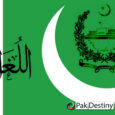

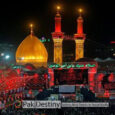
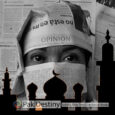
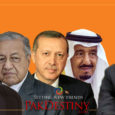
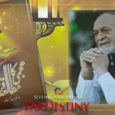
From a young writer a beautiful research and tribute to IMAAM HUSSAIN R.A and his sacrifice for Islam
Only ALLAH can give the reward for describing the glory of IMMAM HUSSAIN R.A